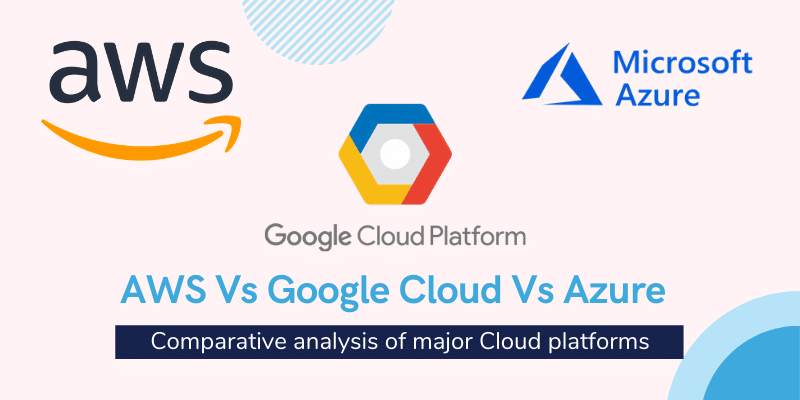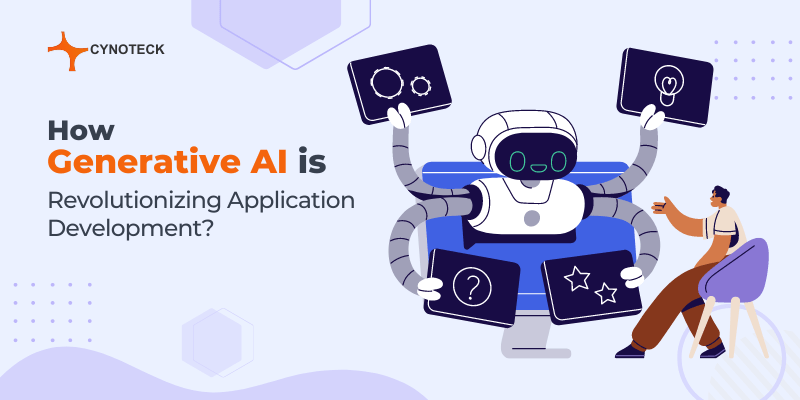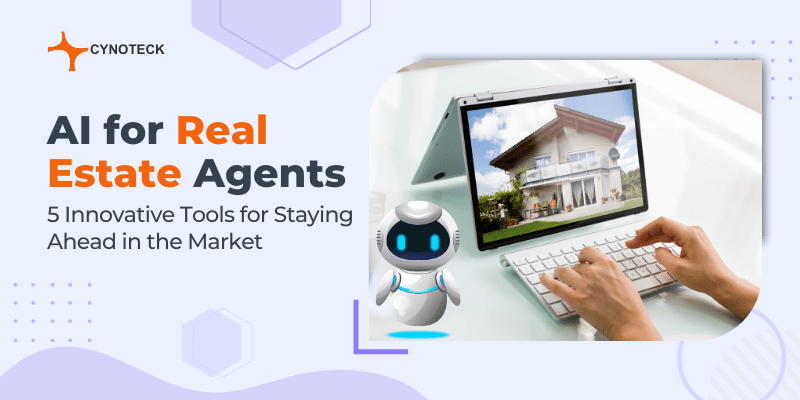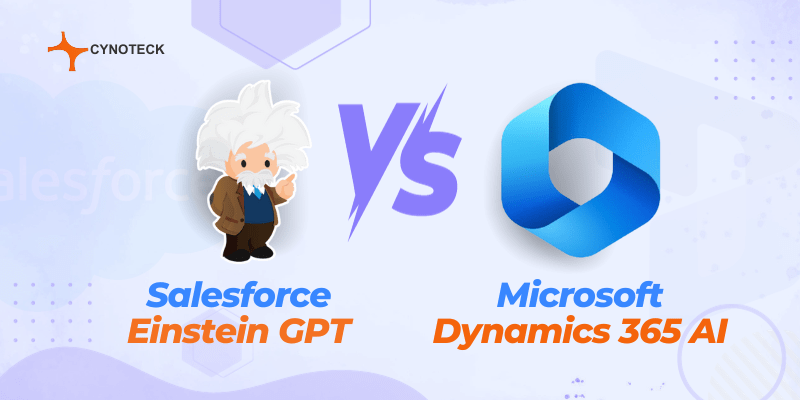In the ever-evolving technology world, the time for a traditional on-premises data centre is reducing at a rapid pace with the evolution of the latest cloud technologies and platform in a bid to cut costs and improve agility.
Infrastructure as a service (Iaas) is a service model in which third-party provider hosts and maintains core infrastructure that includes hardware, software, storage, servers, data center space, networking and networking services (e.g. firewalls) on behalf of the customer. This means that the customers are only charged for the infrastructure they use along with the facility of hosting the applications in a highly secure and scalable environment.

The leading cloud providers in the market are Amazon Web Services(AWS), Microsoft Azure and Google Cloud Platform.
According to Gartner, Inc. prediction the worldwide public cloud services market is projected to grow 17.5 percent in 2019 to total $214.3 billion, up from $182.4 billion in 2018. Iaas is the fastest growing market segment within cloud system that is forecast to grow 27.5% in 2019 to reach worth $38.9 billion.
The Cloud Platform infrastructure service is clearly dominated by AWS since day one, as AWS was the first one to step into the market with cloud technology in 2006. According to Q1 2019, Synergy Research Group’s figures AWS emerged as the clear market global leader in public Iaas and PaaS revenues with 38 percent market share while followed by Microsoft at 18 percent and Google at 9 percent market share respectively.
Although AWS is dominant in the market, Microsoft is quickly catching up in bridging the gap under the leadership of CEO Satya Nadella, building a huge global cloud of its own and ease of Hybrid facility.
Also, read: Top 7 Cloud Accounting Tools to use for your Business Needs in 2021

Features and Services
In cloud technology one-size-fits-all solution is not applicable, as to choose the right cloud platform depends entirely on the individual customer needs, type of business, cost and workloads.
However, all the three biggest cloud providers offer largely similar basic capabilities around storage, compute power, database, analytics and networking with flexibility, scalability and reliability.
AWS offers largest range of services, around 140 as of Q2 2019, across storage, compute, database, analytics, networking, mobile, management tools, developer tools, IoT, security and enterprise applications. There are 4700+ products to choose from various vendors in AWS marketplace.
All the three major cloud providers are working constantly in developing tools, added features and functionality towards cutting edge technology areas like Internet of things (Iot), Serverless platform, AI and Machine Learning, Blockchain, helping customers to choose any of the cloud providers to build a mobile app or create a computing environment with high performance without provisioning or managing servers.

Compute
Compute is the key offering and most used IaaS service across the cloud platforms.
AWS offers wide range of cloud compute services such as Amazon Elastic Compute Cloud (EC2) that provides secure, resizable compute capacity in the form of EC2 instances equivalent to virtual server; Amazon LightSail which is a cloud platform that offers virtual servers, storage, databases, DNS management and IP addresses to build an application or website; Amazon Elastic Container service (ECS) that is a highly scalable service by Amazon to support Docker containers.
Amazon also offer serverless compute service through AWS lambda that helps to run your code without provisioning or managing servers. AWS Fargate is also serverless compute service to support containers without managing servers.
Microsoft Azure also provide complete infrastructure to run applications through its services whether building new applications or deploying an existing one. Microsoft Azure offers Virtual Machines for provisioning and deploying virtual machines on Linux and Windows in no time.
It also offers Virtual Machine Scale Sets to apply autoscaling to virtual machines for high availability. To provide support to Kubernetes, Azure offers highly available, secure, and fully managed service through Azure Kubernetes Service (AKS) to deploy and manage containerized applications easily. Azure also offers platform like Cloud services and Resource Manager (ARM) to help deploy applications on the cloud.
Google Cloud Platform (GCP) also offers a wide range of cloud compute services and products to match your needs. Google offers Google Compute Engine (GCE) that provides highly customizable, scalable and high-performance virtual machines to deploy and manage your applications by code directly or via containers. Google Kubernetes Engine (GKE) offers fully managed Kubernetes clusters to deploy, manage, and orchestrate containers at scale. Google also offers Google App Engine, a powerful fully managed serverless platform to build highly scalable applications.
Storage
AWS offers Simple Storage Service(S3) for object-based storage, Elastic Block Store (EBS) for block-based storage and Elastic File System (EFS) for Linux-based workloads for use with AWS Cloud services and on-premises resources, Import/export large volume data transfer service, S3 Glacier for low-cost archive storage in the cloud and Storage Gateway for Hybrid cloud storage with local caching.
Microsoft offers its core Managed Disk Storage service, Blob storage for object-based storage, File Storage for fully managed cloud file shares, low-prices Archive Storage for storing rarely accessed data, Queue Storage for effectively scaling and better durability across large workloads. Microsoft also offers Azure Backup for data protection and protect against ransomware. It also provides Site Recovery and Import/Export.
Google offers Standard class of storage for objects with high availability and durability, Nearline Class of storage for data accessed less than a month and Coldline class of storage for archives. It also offers Storage Transfer Service for bulk transfer.
Database
All the three leading cloud providers support Relational databases as well as NoSQL databases.
AWS offers its own Amazon Aurora that is compatible with MySQL and PostgreSQL relational database built for the cloud. It offers the PaaS platform called Relational Database Service (RDS) to make it easy to set up, operate, and scale a relational database in the cloud.
It is compatible with six database engines to choose from- including Amazon Aurora, PostgreSQL, MySQL, MariaDB, Oracle Database, and SQL server. Amazon also offers fast, simple, cost-effective data warehouse that can extend queries to your data lake by Amazon Redshift. Amazon DynamoDB and Amazon DocumentDB are some of the NoSQL offerings, with Amazon Elastic Cache (for Redis and for Memcached) as in-memory database offerings.
Microsoft Azure database services are secure, enterprise-grade, and fully managed, that support open-source database engines. Azure support SQL, MySQL, PostgreSQL and Maria DB amongst relational databases in its PaaS offering. Azure offers support to NoSQL databases through Azure Cosmo DB services which is a fully managed database service with global distribution.
Azure also offers help in migrating your databases to the cloud with no application code changes by Azure Database Migration Service. Azure Cache for Redis is the in-memory database offering. In one of the latest development Microsoft has teamed up with its former rival Oracle to provide Oracle services for its cloud and to strengthen its competition with AWS.
Google also provides fully managed, scalable database service to support all your applications needs. To support relational databases Google has Cloud SQL service compatible with PostgreSQL, MySQL, SQL server databases in the cloud that delivers high performance and scalability.
Google also offer Cloud Spanner which is again scalable relational database service for regional and global application data. Google offers Cloud Bigtable, a peta-byte scale, fully managed NoSQL database service for large analytical and operational workloads.
Networking
All the three major giant cloud providers are competing to provide highly secure, available, manageable, and high-performance infrastructure to the user.
Amazon Virtual Private Cloud enables user to launch AWS resources in a virtual network that user define having complete control over the networking environment. Amazon offer Route 53 service that is highly available, scalable, reliable and cost-effective cloud DNS web service.
Amazon offers fast, highly secure and programmable content delivery network by Amazon CloudFront service. Amazon Elastic Load Balancing service helps manage applications to be fault-tolerant in times of unexpected workloads. AWS also offers a dedicated network connection from your premises to AWS by Direct Connect service.
Azure Virtual Network offers an isolated and highly secure environment to run your virtual machines and applications. To host DNS domains in Azure, Microsoft offers Azure DNS service with ultra-high availability. Microsoft offers secure and reliable global content delivery and acceleration through Content Delivery Network. Microsoft offers high availability and network performance to your applications by Load Balancer. Azure ExpressRoute Service enables user to create private connections between Azure datacentres and infrastructure on your premises or in a colocation environment.
Google offers Virtual Private Cloud Network, a managed networking functionality for your Cloud Platform resources giving granular permission to your network. Google Cloud Load balancing offers to scale your application on Google Compute Engine from zero to full throttle with no pre-warming needed.
Google offers Cloud DNS service that is highly scalable, reliable and managed authoritative DNS service to make your applications and services available to your users in a cost-effective way. Google Cloud Interconnect is the enterprise grade networking solution to provide a dedicated network connection between Google Cloud datacentres and customer premises.
Security
Security in cloud is very similar to your on-premises datacentres without the cost of maintaining facilities and hardware and is always on priority for all the leading cloud provides.
AWS offers a highly secure environment in cloud to its customers with wide range of security services like Identity Access Management (IAM) that creates users and manage their access to AWS services through policies, and other services like AWS Firewall Manager, AWS Directory service, Amazon Key Management service and Amazon Cognito.
Microsoft Azure also provide security to the business from advanced threat across the cloud workloads. Services like Azure Active Directory give the reliability and scalability needed with identity services to work with your on-premises, cloud, or hybrid environment. Network Security Groups, Azure Security Centre and KeyVault are some other important offerings to ensure safety and security on the Azure Cloud.
Google also offers a very secure infrastructure for your applications and services within organization. Service like Cloud Identity and Access Management (cloud IAM) provide fine-grained access control and visibility to manage cloud resources. Other services that provide security in Google Cloud Platform include Managed Service for Microsoft Active Directory, Cloud Identity-Aware Proxy, Security key enforcement to name a few.
Machine Learning and Artificial Intelligence
AWS is making Artificial Intelligence (AI) and Machine Learning (ML) technologies accessible with fully managed services like building voice and text chatbox with Amazon Lex, turning text into lifelike speech with Amazon Polly, analysing image and video with Amazon Recognition.
Microsoft’s Azure Machine Learning Studio is a fully managed cloud service that enables customer to easily build, deploy and share predictive analytics solutions. It is a powerfully simple browser-based, visual drag-and-drop authoring environment with no coding requirement.
Google offers Google Cloud AI Solutions that can deliver personalized customer experiences with the pre-packaged solutions or building a model that serves customer-specific needs. Google’s open-source TensorFlow that was launched in November 2015 is quite popular among machine learning engineers as it helps them to build models based on it.
Google Duplex, first announced at the Google I/O developers conference in May 2018 by company CEO Sundar Pichai, is a service that works with an AI-driven voice. It is designed to help people make appointments to businesses over the phone, but without any interaction with the user. It is currently in use in 43 states in the U.S. and spreading fast.
As mentioned earlier that all the cloud providers – AWS, AZURE or Google are good in their own way and it is entirely important to understand the type of business as every business is different technologically, operationally and commercially when making preference of one over other.

Cloud Computing Services
If you need any assistance related to cloud technologies, you can contact Cynoteck Technology Solutions Pvt. Ltd, as we are Microsoft Gold partner and AWS Partner Network and can help you to understand which cloud infrastructure will be better for your business.




